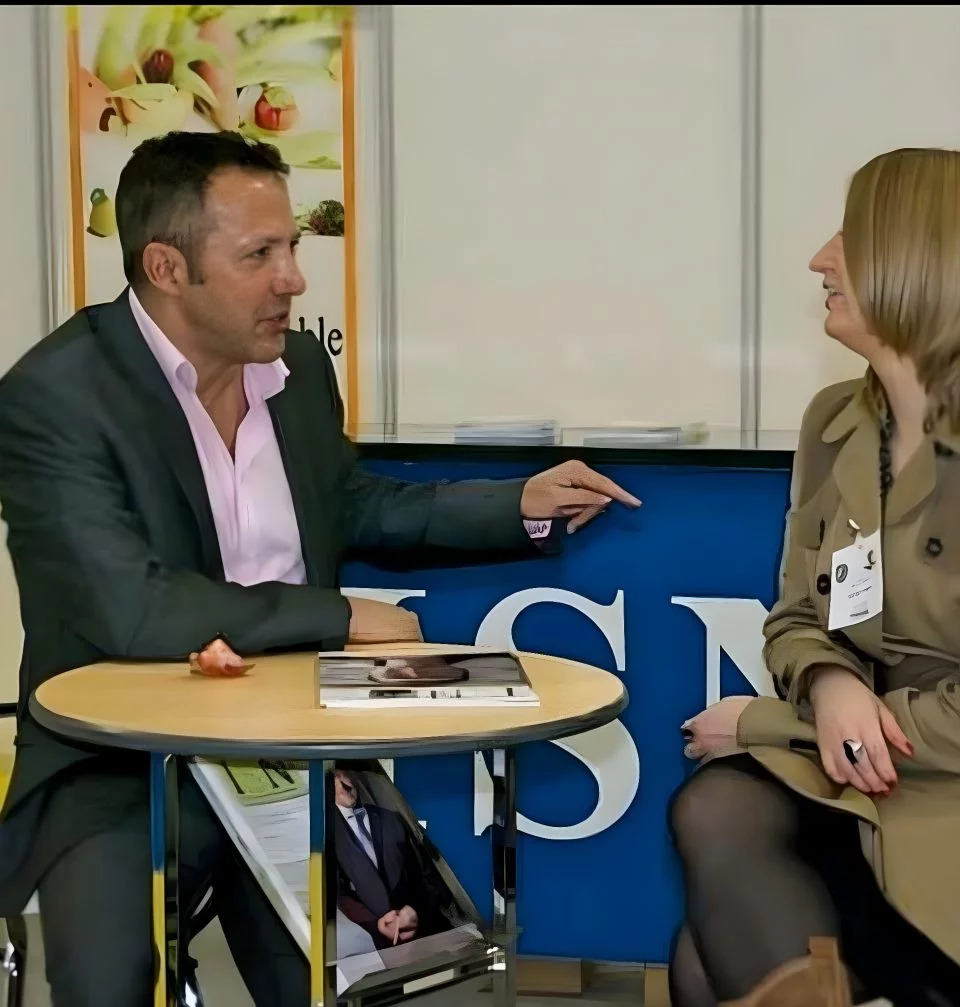By Emma Carter
For more than thirty years, Riad Beladi has been one of the most insightful voices analysing the evolution of retail and supermarkets. As an experienced analyst, journalist, and interviewer, he has engaged with many of the industry’s most influential figures—including Sir Terry Leahy, the former Tesco CEO credited with transforming the supermarket sector during the 1990s and 2000s.
We sat down with Riad to explore a key question: why do some supermarket chains thrive while others, often starting from the same position, disappear from the high street altogether?
Emma Carter: Riad, let’s start with the essential question. Why are some supermarket chains so successful while others, launched at the same time, end up struggling?
Riad Beladi: Success or failure is often determined by the decisions made in the early stages of growth. Some retailers truly understood their market, expanded sensibly, and invested wisely. Others grew too quickly, misread their audience, or drifted from their core business. The fundamentals of retail never change—get your location and your pricing right, and everything else can follow. Fail on either, and you’re facing an uphill battle.
Emma Carter: So, would you say it all comes down to company policy?
Riad Beladi: Policy is important, but it’s only part of the story. You can have the most detailed corporate policy, but if it’s not implemented effectively, it means nothing. What really counts is how those policies translate into the customer’s experience—product availability, store atmosphere, and value for money. The most successful supermarkets keep their strategies practical, flexible, and customer-centred.
Emma Carter: And where does strategy come into play?
Riad Beladi: Strategy is what ties everything together. A retailer needs a clear long-term vision but also the agility to respond to changing market conditions. Over the past decade, for example, price has overtaken every other factor as shoppers’ top concern. Ten years ago, I would have said location was the key. Today, the savings customers make each week are what matter most—more than technology, advertising, or brand image.
Emma Carter: So, price now outweighs location?
Riad Beladi: Absolutely. A great location used to almost guarantee success, but that’s no longer true. Even the most convenient store can lose business if its prices are too high. Shoppers are more cost-conscious than ever—they compare, calculate, and are willing to travel for better value. Technology and loyalty schemes can help, but without competitive pricing, you’re swimming against the current.
Emma Carter: We’ve seen once-prominent names like Somerfield and Safeway disappear from the UK market. Why did that happen?
Riad Beladi: Those are textbook cases of what happens when strategy loses touch with market reality. Safeway lost its sense of identity—it couldn’t decide whether to compete on price, quality, or convenience, and by trying to do all three, it failed to lead in any. Somerfield, on the other hand, was slow to modernise. It fell behind on store upgrades, pricing, and supply chain efficiency. Meanwhile, Tesco, Asda, and later Aldi and Lidl were moving ahead with clear, focused propositions. In retail, if you can’t sum up in one sentence why shoppers should choose you, you’re in trouble.
Emma Carter: Finally, if you could give supermarkets one piece of advice for the future, what would it be?
Riad Beladi: Never lose sight of the customer. Retailers can get distracted by internal priorities—shareholder expectations, expansion goals, new systems—but the customer only cares about quality, value, and convenience. Keep listening, stay sharp, and don’t hesitate to adapt when the market signals a change. Those who stay close to their customers will always come out ahead.




